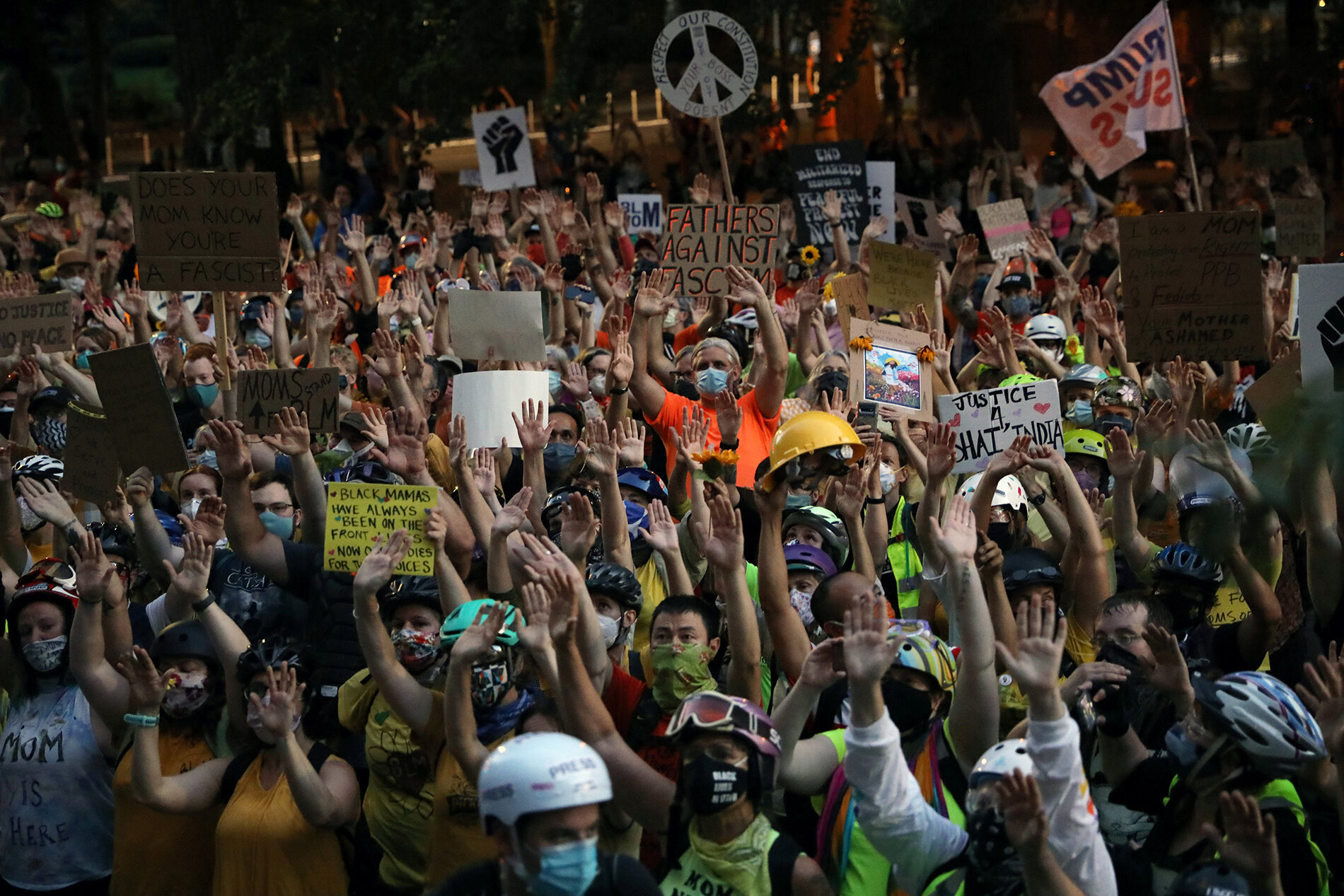
Voices
Sharing the voices of human rights visionaries and thought leaders, champions and heroes, change agents and activists and partners
The Unlikely Life of a Socialist Activist Resonates a Century Later
by Jennifer Szalai, New York TimesShe was an impoverished Jewish immigrant from Russia who had started working in a cigar factory at the age of 11; he was the scion of an old-money Episcopalian family who enjoyed a mansion on Madison Avenue and a weekend house with a bowling alley.
‘We are on the eve of a genocide’: Brazil urged to save Amazon tribes from Covid-19
by Tom Phillips, The GuardianOpen letter by photojournalist Sebastião Salgado and global figures warns disease could decimate indigenous peoples.
Aryeh Neier Says More…
by Project SyndicateThis week, Project Syndicate catches up with Aryeh Neier, President Emeritus of the Open Society Foundations and a founder of Human Rights Watch.
Rwanda: Major Step Toward Justice for Genocide
by Project Syndicate The arrest of Félicien Kabuga, one of the alleged masterminds behind the Rwandan genocide, in France on May 16, 2020 brings victims and survivors one step closer to justice 26 years later.
Against Balancing
by David Kaye, United NationsThe New York Times’ Editorial Board led on Sunday with this headline: “When Liberty and Health Collide”. It’s a good topic and I am glad that the Times is on it. The pandemic has led governments at national, state and local levels to take measures that impose all sorts of restrictions on Americans’ fundamental rights — freedom of movement, labor, speech, religion, protest, assembly, privacy and so on. It’s a global phenomenon but here I want to reference the American debate, as framed by the Times.
Rededicating Ourselves to the Unfinished Task Which Lies Before Us
by Anthony Romero, ACLUOn December 9, 1948, Eleanor Roosevelt stood before the United Nations General Assembly in Paris, France, to argue forcefully for the adoption of the Universal Declaration of Human Rights in reply to Soviet resistance. As chairperson of the United Nations Commission on Human Rights, Roosevelt played a pivotal role in the drafting of the document she hoped would become “the international Magna Carta of all men everywhere” after the horrors of the Second World War. Roosevelt’s hard work paid off. At 3 a.m. on December 10, the Declaration was adopted.
Nearly seven decades later, American support has crumbled.
